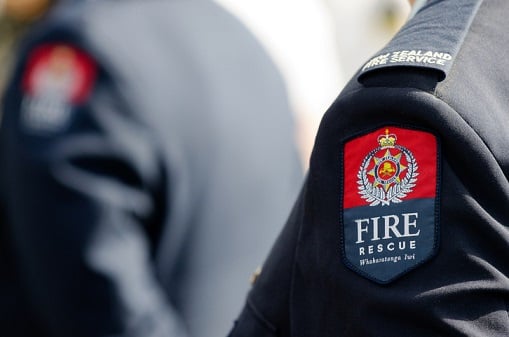

An industry leader is ramping up his anti-fire levy message with a warning to property owners to watch out at renewal time.
The Insurance Council of New Zealand’s (ICNZ) CEO, Tim Grafton, proposed increases are due to kick in on July 01, and the true impact of how that will affect premiums will only start sinking in at renewal time.
“I’m sure there are many property owners that have no inkling of what the tax increase is going to be,” he told Insurance Business.
Want the latest insurance industry news first? Sign up for our completely free newsletter service now.
“The scale of the increase is pretty ginormous by any stretch of the imagination, when you’re required to pay 40% more, so $30 more on house and another $6 on contents with GST on that as well, so tax on the tax, I think there are pretty serious implications,” he said.
“It’s not clear yet how it will play out if you are in an apartment building which is say, 40% residential and 60% commercial, then the insurance on that is commercial insurance and commercial insurance is uncapped with the increase.
“That means if you’re in a building that’s worth $10 million then the increase is not $30, it’s $3,000. So six people would pay $300 each or for five people it would be $600 each and then with GST on top of that.”
Grafton said it really was ‘serious money’ made all the more substantial at a time when many commercial properties in Wellington had been damaged by the earthquake on November 14.
“You do want to retain affordable and accessible insurance and having seen significant increases of this scale is unhelpful in that respect,” he said.
Grafton said the key thing was making property owners realise this was not an insurance increase.
“It’s an increase in the tax to fund the Fire Service which does far more in terms of non-property protection than anything else and furthermore it’s out of step with international practice,” he explained.
“It puts the burden on people who want to insure their property and that enables people to freeload onto the system and that’s not a good thing either.
“So really it should be funded from general taxation because it’s for the public good.”
Internal Affairs Minister Peter Dunne defended the increase, saying levies hadn’t increase since 2008.
The extra funding would address the under-investment in rural fire services and would cover the cost of merging 40 separate organisations into a new national body, he said.
Dunne said there had been 75 submissions on the proposed levy rates through a consultation process last year and many were not happy.
“The difficulty I’ve got to balance is some of the concerns that have been expressed, and any lessening of the levy income for the new fire and emergency services will compromise their ability to deliver those services,” he told Radio New Zealand.
“You know – most people want to go to heaven but few want to die,” he said.
At the end of last year, leading brokers were vocal about the alarm they felt by the proposed increases.
However, they admitted that raising awareness among the affected policyholders had been ‘a problem’.
Related stories:
Raising awareness over fire levy rate hikes a problem
Broker body shocked by fire levy rate increase proposal
Major broker Marsh’s ‘serious concerns’ about fire levy proposals
